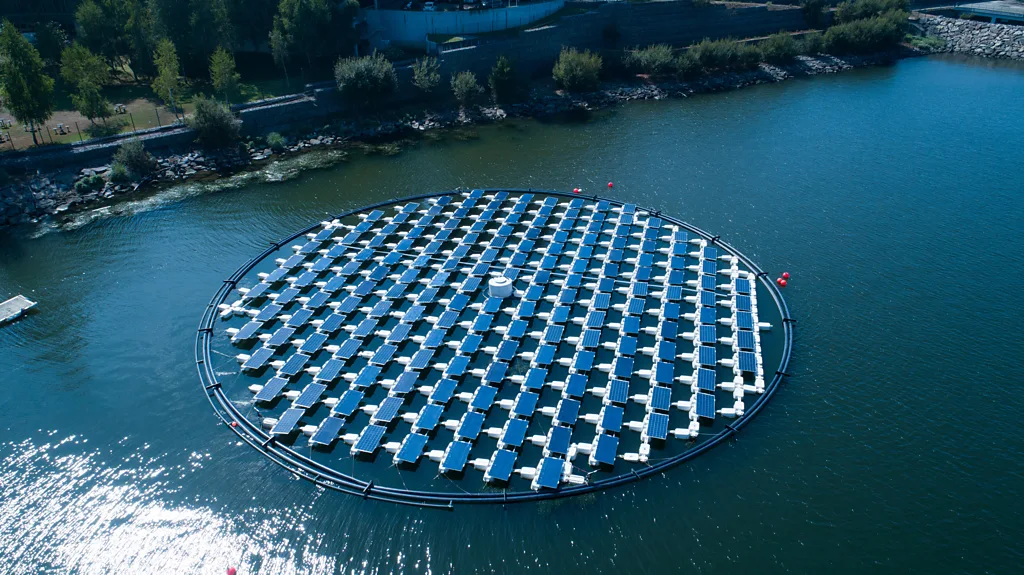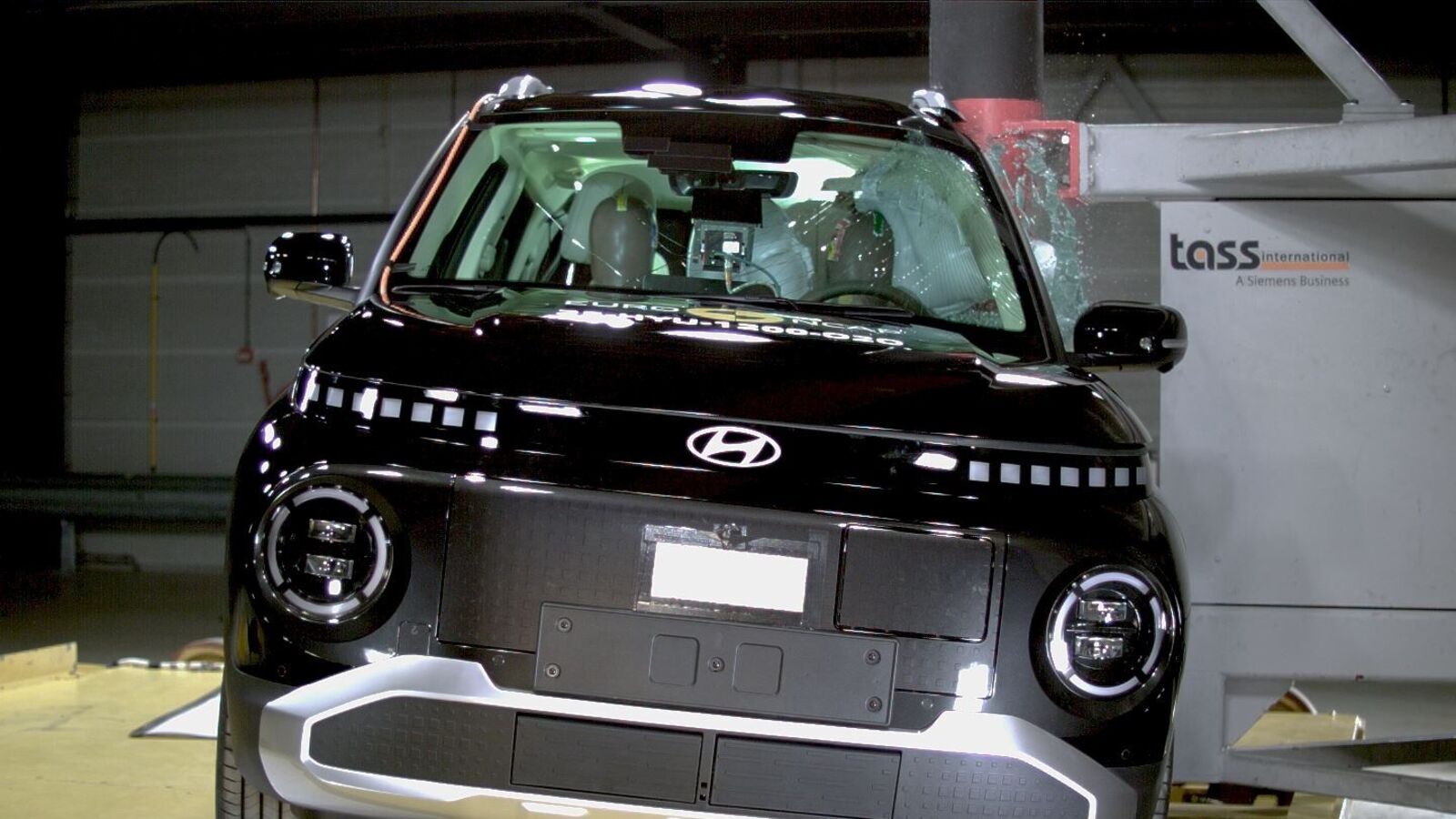Floating solar panels are an innovative way to generate electricity using water bodies like lakes or reservoirs. While they offer many benefits, such as saving land space, there are also some disadvantages. Below are the key challenges associated with floating solar panels:
1. High Installation Costs
One major disadvantage of floating solar panels is the cost. Installing solar panels on water is more expensive than putting them on land. This is because special equipment is needed to keep the panels floating, and the installation process can be complicated.
2. Maintenance Issues
Floating solar panels need regular maintenance. Since they are placed on water, they can get dirty faster due to dust, water plants, or algae. This can reduce their efficiency and require more frequent cleaning, which can be costly.
3. Impact on Aquatic Life
Installing floating solar panels can disturb the natural balance of aquatic ecosystems. By covering parts of the water, they reduce sunlight from reaching underwater plants. This can affect fish and other marine species that depend on those plants for food and shelter. it also affects the evaporation and water temperature imbalance.
4. Limited Location Options
Floating solar panels require large water bodies, such as lakes or reservoirs, which limits where they can be installed. Not every country or region has suitable water areas for such projects, making it less practical in certain places.
5. Weather-Related Risks
Since these solar panels are placed on water, they are exposed to weather-related risks. Storms, high winds, or floods can damage the panels or disrupt the system. Protecting them from such events can increase the cost and complexity of maintenance.
6. Potential for Water Contamination
There is a small risk that floating solar panels could contribute to water pollution. For example, if a panel breaks or leaks, harmful materials from the solar panel could end up in the water, potentially harming the environment.
Conclusion
While floating solar panels are a promising technology for generating renewable energy, they do come with certain drawbacks. High installation costs, maintenance challenges, and environmental impacts are some of the key issues to consider before choosing this technology.




